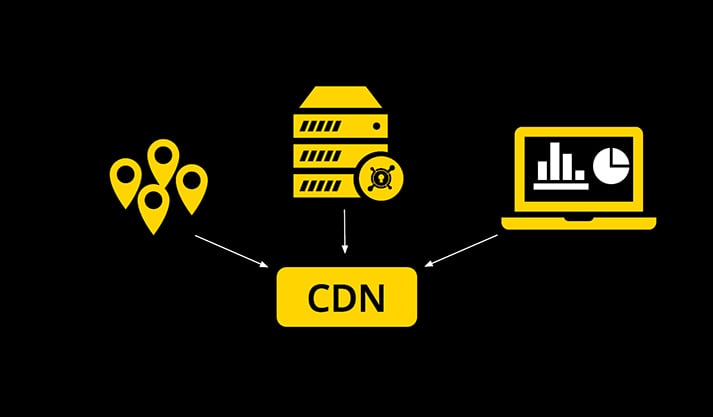Are you working on a ‘challenging’ project and don’t know why and how it’s become so problematic? Or you’re about to commence a project and the horror stories of working with offshore outfits have you tied up in knots? As many international enterprises will attest, working with remote teams doesn’t have to be a strained experience. With good project management, businesses do benefit from offshore agency partnerships.
Take it from those in the know, Niteco’s Project Management Office (PMO). The company’s PMO manages a plethora of complex projects every month. Here, to help you spot a good project manager when you see one, we reveal the top 5 aspects of project management that guarantee success:
Communication
A good project manager needs to ensure that the communication with the client as well as with the team, both written and verbal, is clear enough for everyone to understand. This goes double when it comes to defining and agreeing on the requirements or scope and the specific timeline.
What many developers overlook in the lead up to a new project is making everything – the scope, the timeframe, what is needed and what isn’t – clear before the actual work itself starts. Without such an outline that all parties have agreed to, meeting the client’s expectations is more a matter of luck than a matter of skill.
Regular reports and meetings – both among the team and between the team and the client – are usually the best ways of communication, helping everyone understand what is expected and what is done, as well as providing documentation for later reference. Channels such as slack are great for communicating with clients and teams.
Organization
Organizational skills are absolutely vital for a project manager to take control of their daily list of tasks. Project managers have to provide different reports for clients, and department heads have to stay in control of deadlines and oversee progress, problem-solve unexpected errors, while ensuring quality control at all times.
Only a well-organized project manager can enable the whole team to follow the process smoothly, from initiation and planning to implementation, execution and finishing touches, and lead them to achieve the set milestones and goals.
Technical skills
It’s not always a good idea for the most technically skilled team member to be the project manager because the skillset needed in project management can differ from the skillsets needed to be a competent developer, for example.
Having said that, a good project manager benefits from a strong understanding of the work, its processes and methodologies so that they can stay ahead of the development process and assign tasks to the right people.
Negotiation skills
A project manager is the key instance for making decisions on behalf of the team, so they need to know how to negotiate. A great negotiator is willing to listen to others, is clear and dynamic and boasts outstanding persuasion skills.
While working on a project, there will inevitably be issues that require discussions between the service provider and the client that aim to result in a good solution. That means a great project manager should be good at finding practical solutions that meet their client’s needs and be able to convince the client to take the proposed approach.
Leadership ability
A project manager should support their team members in order to help them complete their work in the right way. That means they have to find ways in which they can help team members when they need advice or make mistakes.
Team morale is also a responsibility of the project manager. They have to ensure that the team can go about their work in high spirits. This includes supporting teamwork flows and mutual support within the team. As a result, the work and productivity of the whole team will be far superior to those of a team suffering from internal conflicts or a lack of solidarity.



